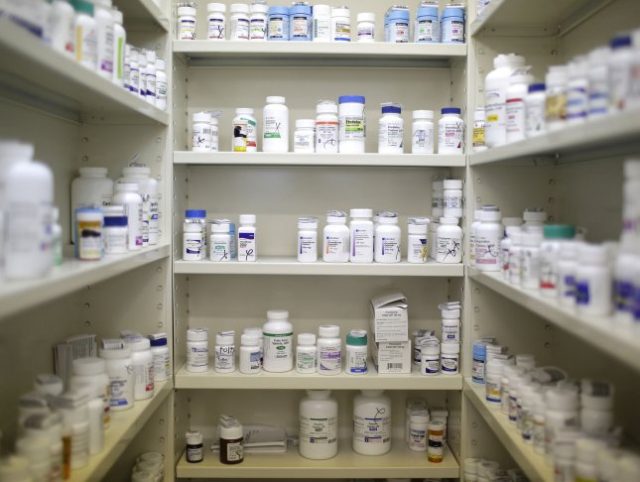May 26 (UPI) — Non-hospitalized U.S. children were given at least $74 million worth of “inappropriately prescribed” antibiotics in 2017, according to a study released Thursday.
Researchers at the Washington University School of Medicine in St. Louis and The Pew Charitable Trusts say the findings highlight a need for better management of bacteria-killing drugs away from hospitals.
Children given prescription antibiotics outside of a hospital setting, were more likely to suffer adverse effects, according to the study’s findings, which were published in the JAMA Network Open medical journal.
Patients prescribed unnecessary or unsuitable antibiotics in places like urgent care centers or a doctor’s office rather than in a hospital were up to eight times more likely to suffer complications like diarrhea or skin rashes than those who were treated following standard medical guidelines.
“Inappropriate prescribing of antibiotics is unfortunately very common and leads to adverse drug events and millions of dollars in avoidable health-care costs,” study lead author Dr. Anne Mobley Butler, an assistant professor of medicine at Washington University, said in a news release.
“Sometimes parents think that the worst that could happen is that the antibiotic just won’t help their child, Mobley Butler said. “But antibiotics are not harmless — they can cause adverse drug events. Clinicians need to ensure that antibiotics are only used in the way that is most likely to benefit the patient.”
The study found doctors frequently prescribe bacteria-killing antibiotics to treat viral infections, even though the drugs don’t kill viruses.
Researchers also pointed to a previous study showing that for non-hospitalized children, about 29% of antibiotic prescriptions across the United States are inappropriate because doctors do not always follow medical guidelines.
Children who took non-recommended antibiotics for bacterial infections experienced three to eight times higher risk of developing a Clostridioides difficile infection. The potentially life-threatening intestinal infection causes diarrhea and inflammation related to killing helpful bacteria living in the digestive tract.
On a larger scale, antibiotic use drives the development of antibiotic-resistant bacteria or superbugs. Those bacteria cause difficult-to-treat infections that lead to 35,000 deaths in each year in the United States.
“Taking antibiotics when they’re not needed, or taking the wrong antibiotic when one is needed, accelerates the threat of dangerous superbugs, and has serious consequences for individual patients,” study co-author Dr. David Hyun, who directs The Pew Charitable Trusts’ antibiotic resistance project, said in a release.
“We hope this research will serve as a roadmap to help health systems, insurers and other health care organizations as they work to strengthen efforts to improve antibiotic prescribing, protect children’s health and save money.”
In 2017, prescribing inappropriate antibiotics to treat bacterial ear infections cost families and insurance companies $25.3 million in excess health-care costs nationally, just for children with private insurance, the study found. Researchers believe the actual cost is much higher.
Improperly treated sore throats ended up costing $21.3 million, sinus infections $7.1 million, influenza $1.6 million, and common colds $19.1 million for children with private insurance, according to estimates.
“This study continues to show that we have to do a better job of making sure antibiotics are used appropriately in all health-care settings,” said senior author Dr. Jason Newland, a Washington University professor of pediatrics.

COMMENTS
Please let us know if you're having issues with commenting.